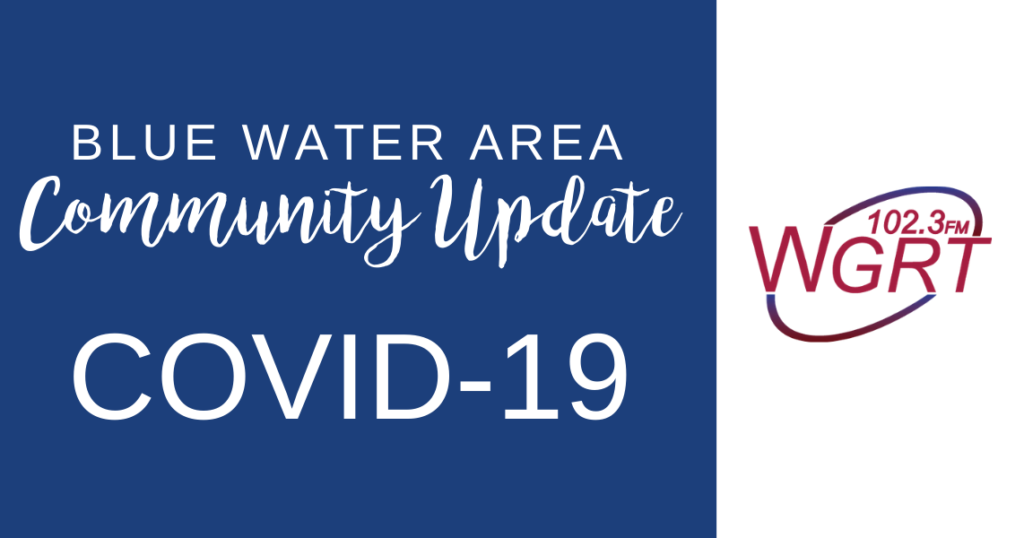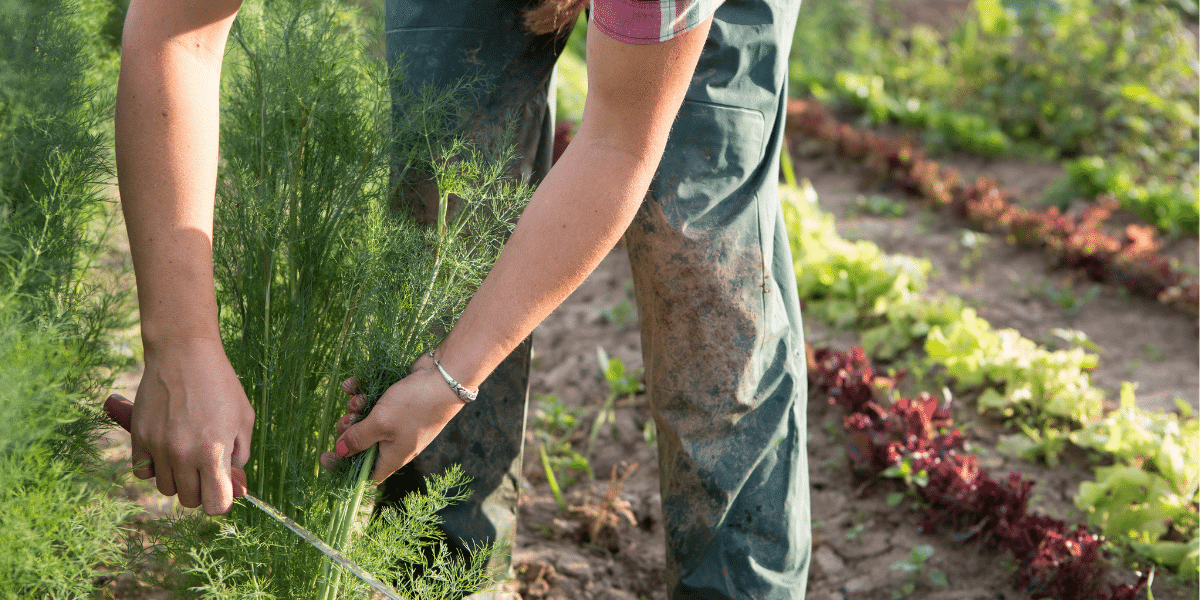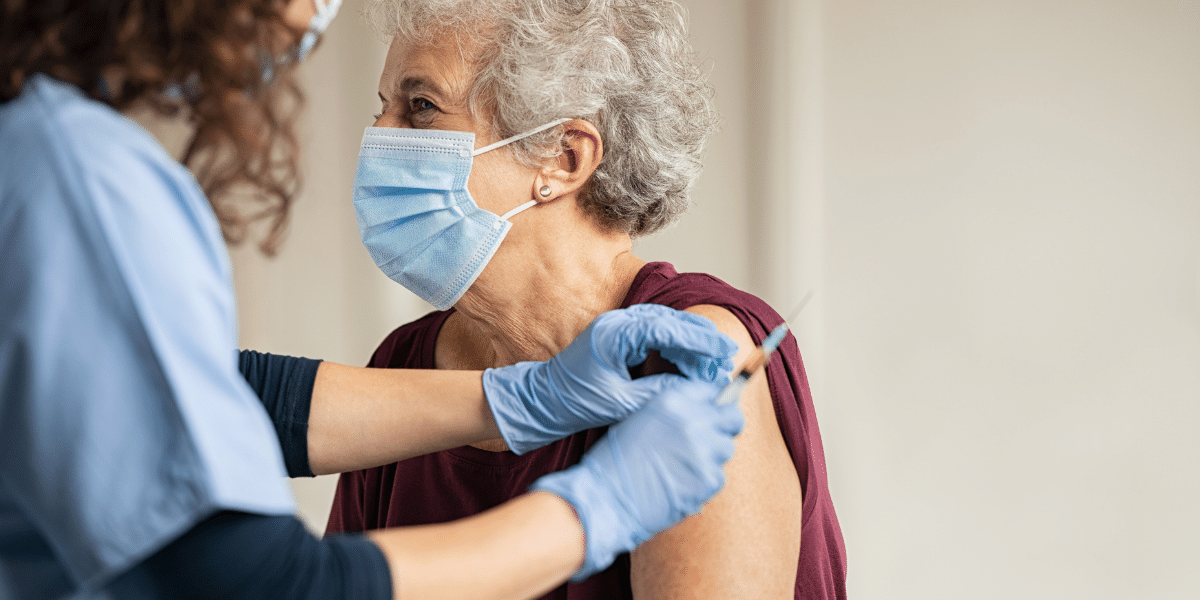St Clair and Lambton County COVID Update
St Clair County, Lambton County — Many people were concerned about the spike in COVID-19 cases that coincided with the ramping of vaccines for the majority of Michigan’s population this spring, but recent data shows a sharp decline in new cases of the virus.
Numbers reported by the State of Michigan show an average number of new confirmed cases of 107 per day. much lower than the 7,372 confirmed cases on April 5, 2021.
As of July 7th, St. Clair County had 31 active cases of COVID-19 a remarkable decrease over the last month, down from a high of just over 7,600 in May. The St. Clair County Health Department recently reported a 7 day average of only 1.1 new cases in the county.
There have been over 15,000 confirmed cases of COVID-19 in St. Clair County since the pandemic began, and 405 deaths were attributed to the virus.
Lambton County has 14 active cases of the virus, and the province of Ontario is in Step 2 of its Roadmap to Reopen. which includes rules and regulations for working from home, capacity limits on businesses and public facilities, and mask orders. The full order is available here: https://www.ontario.ca/laws/regulation/r21488
Reporting for WGRT – Jessie Wiegand






